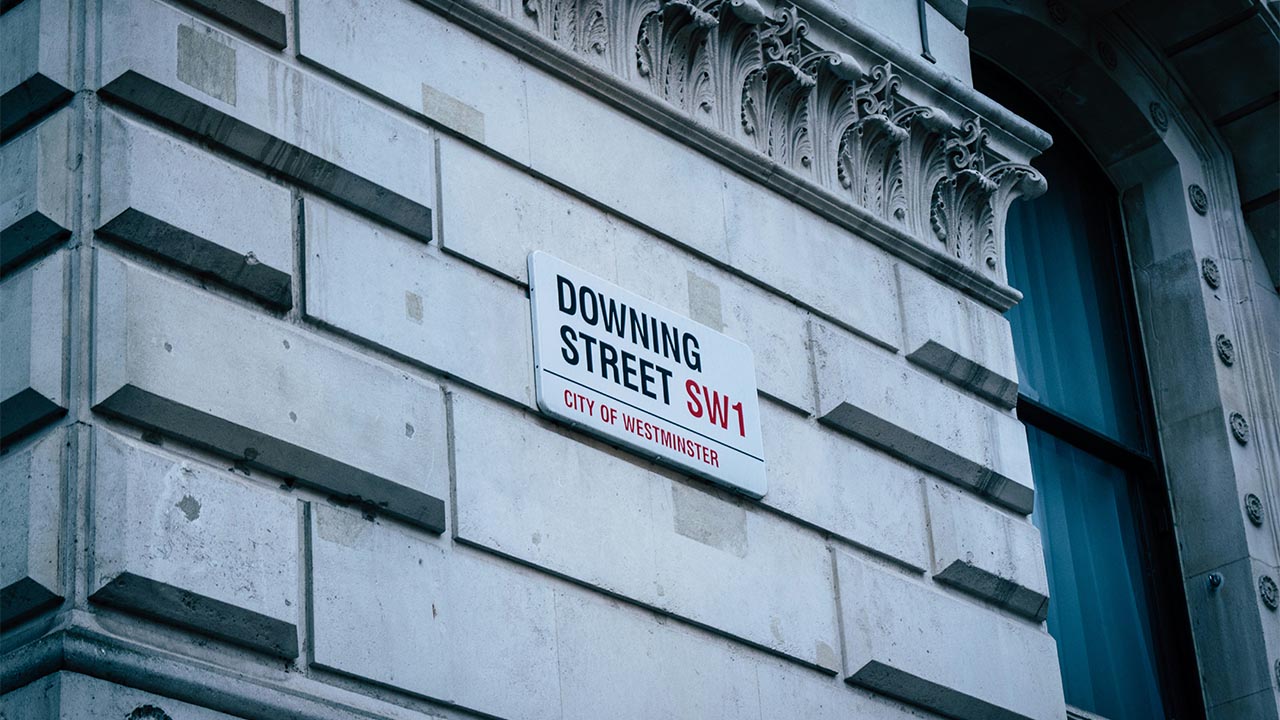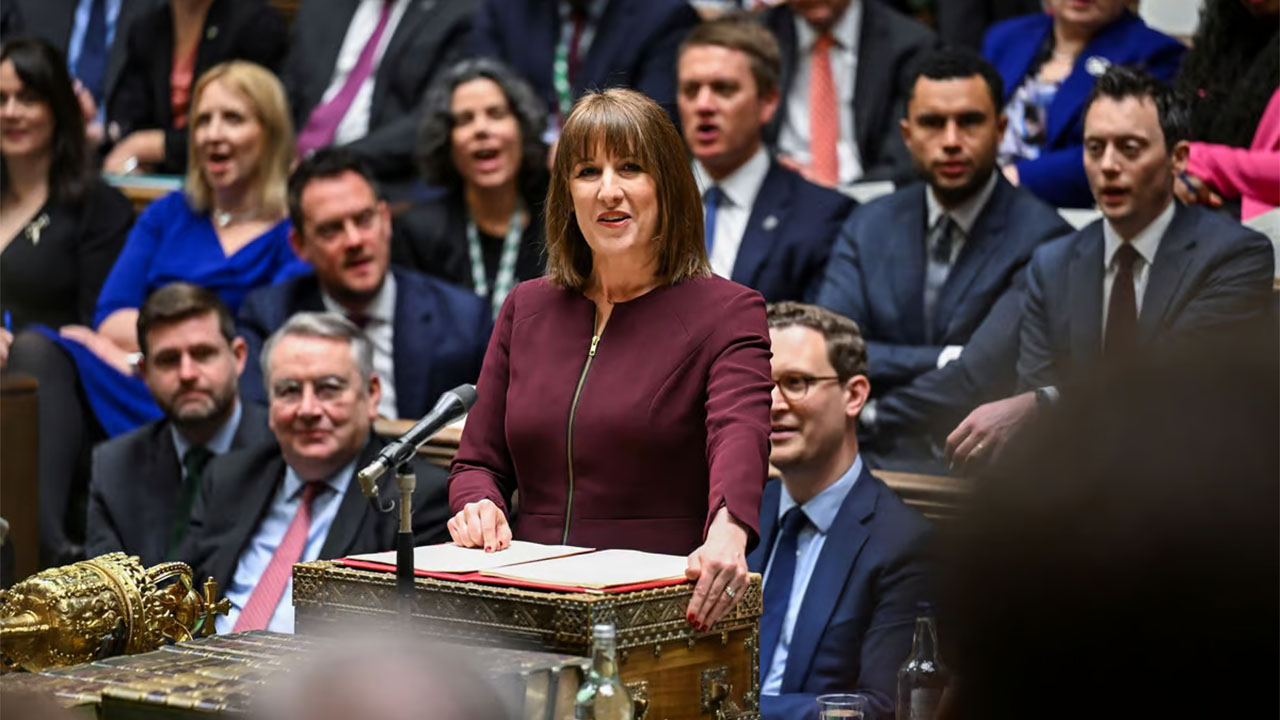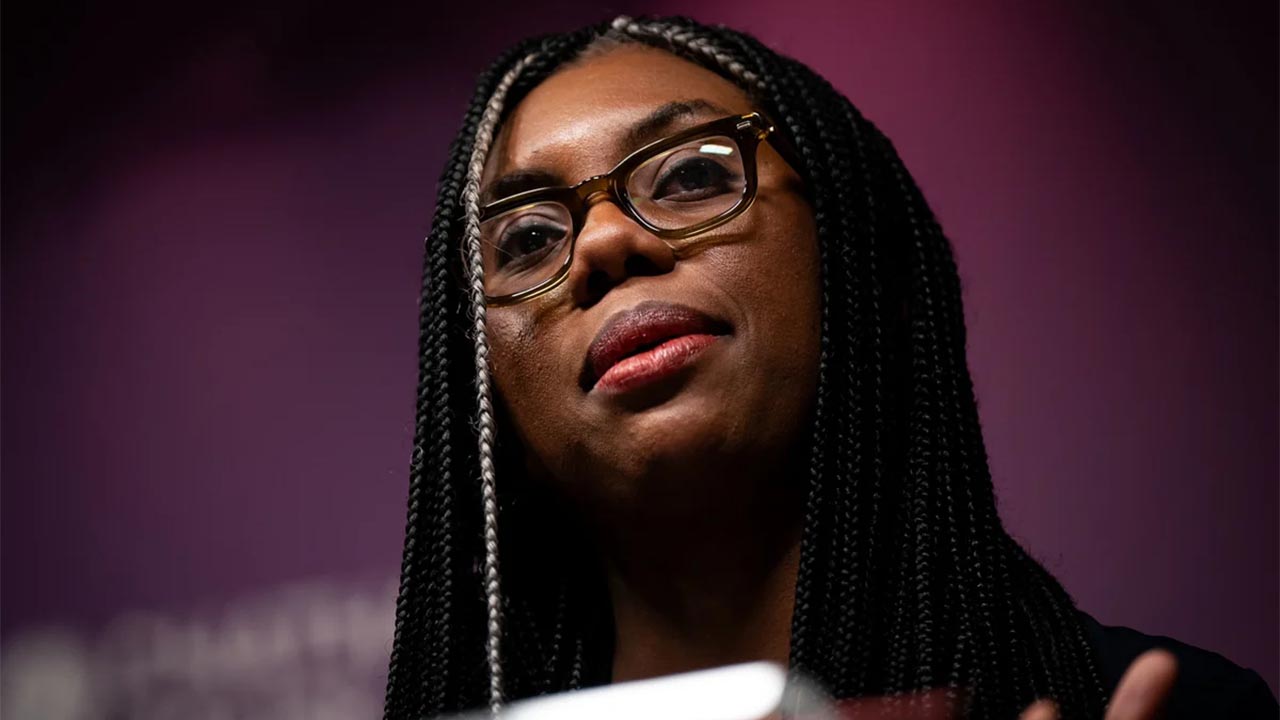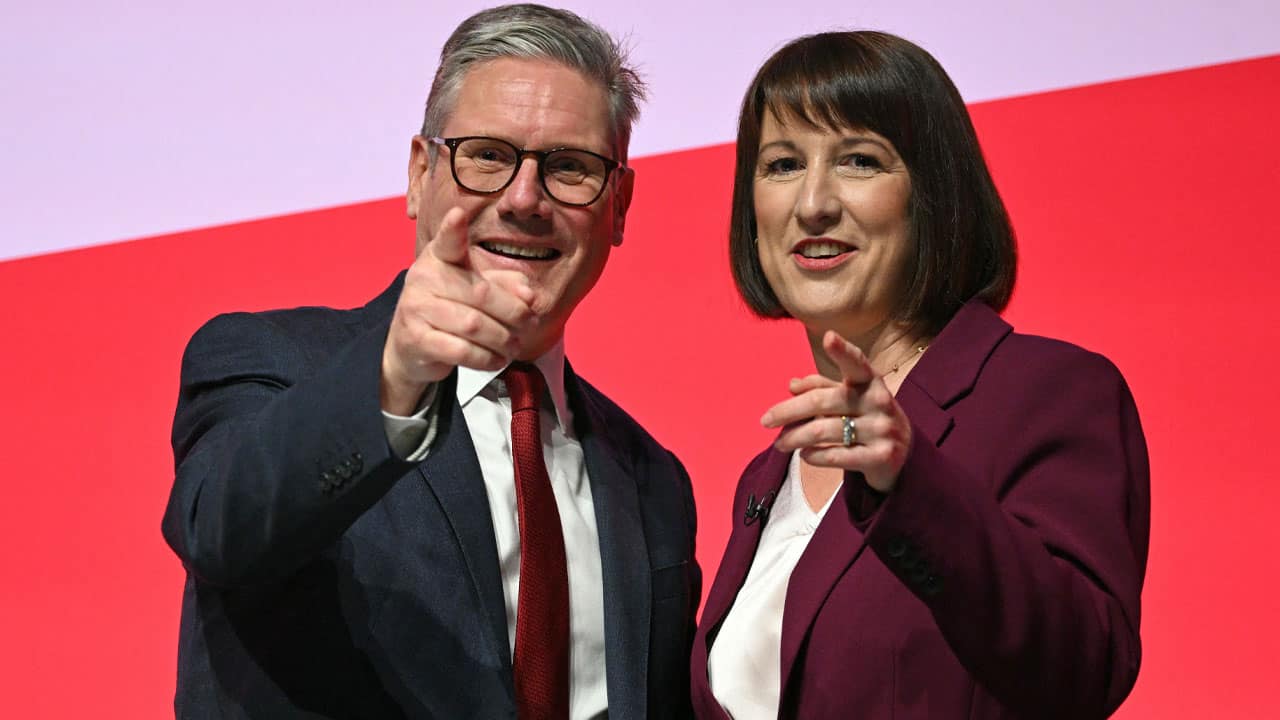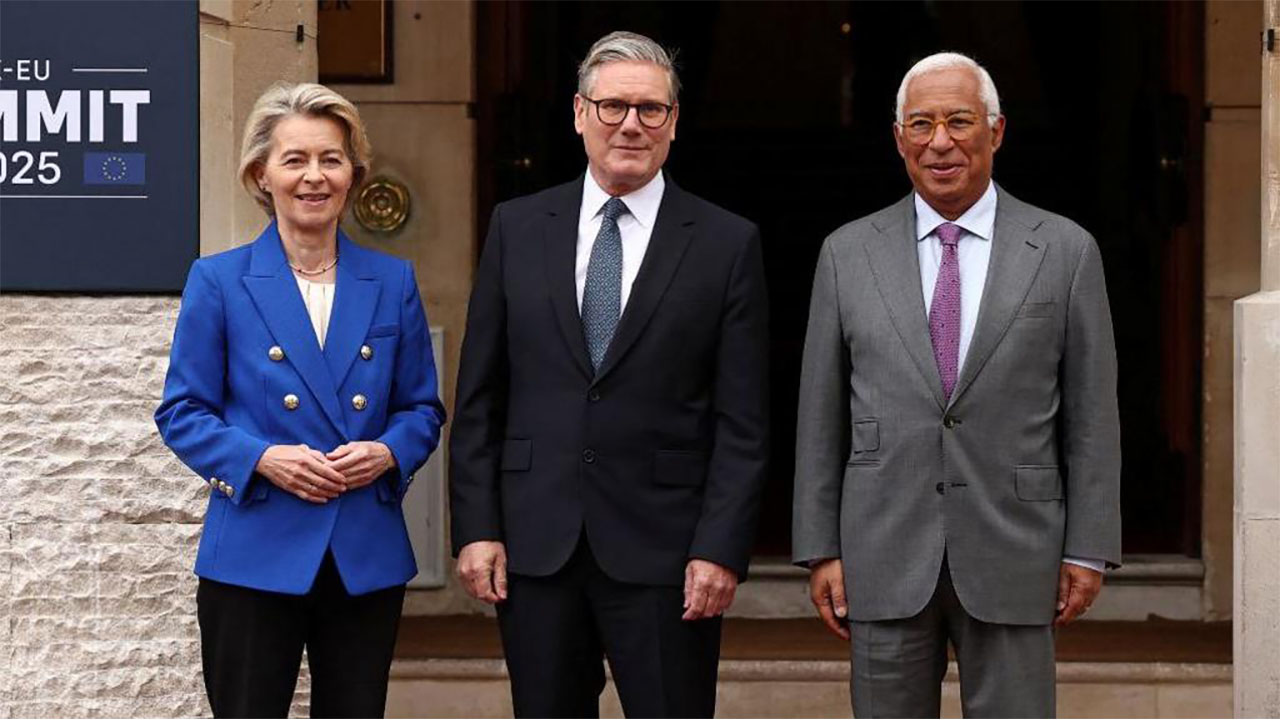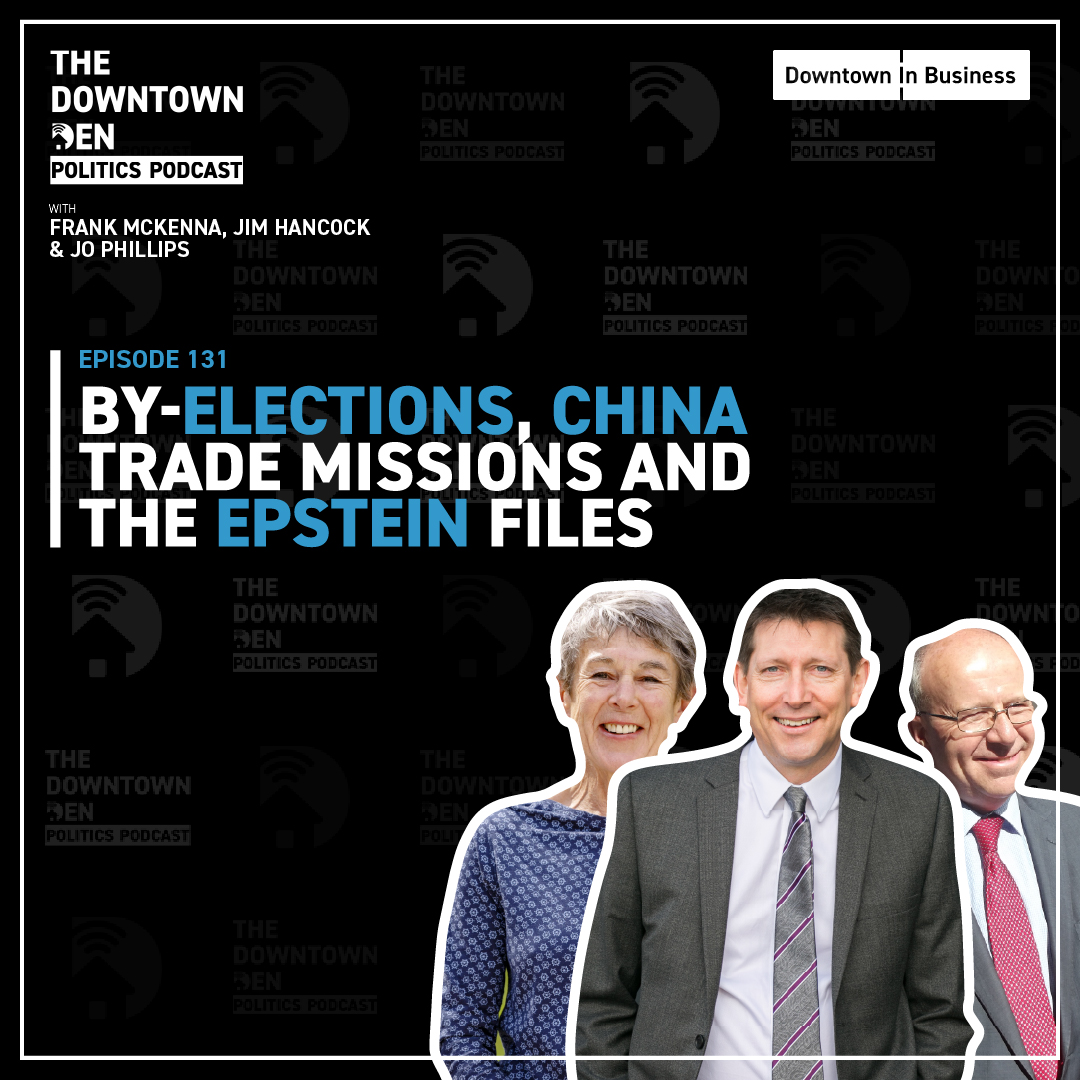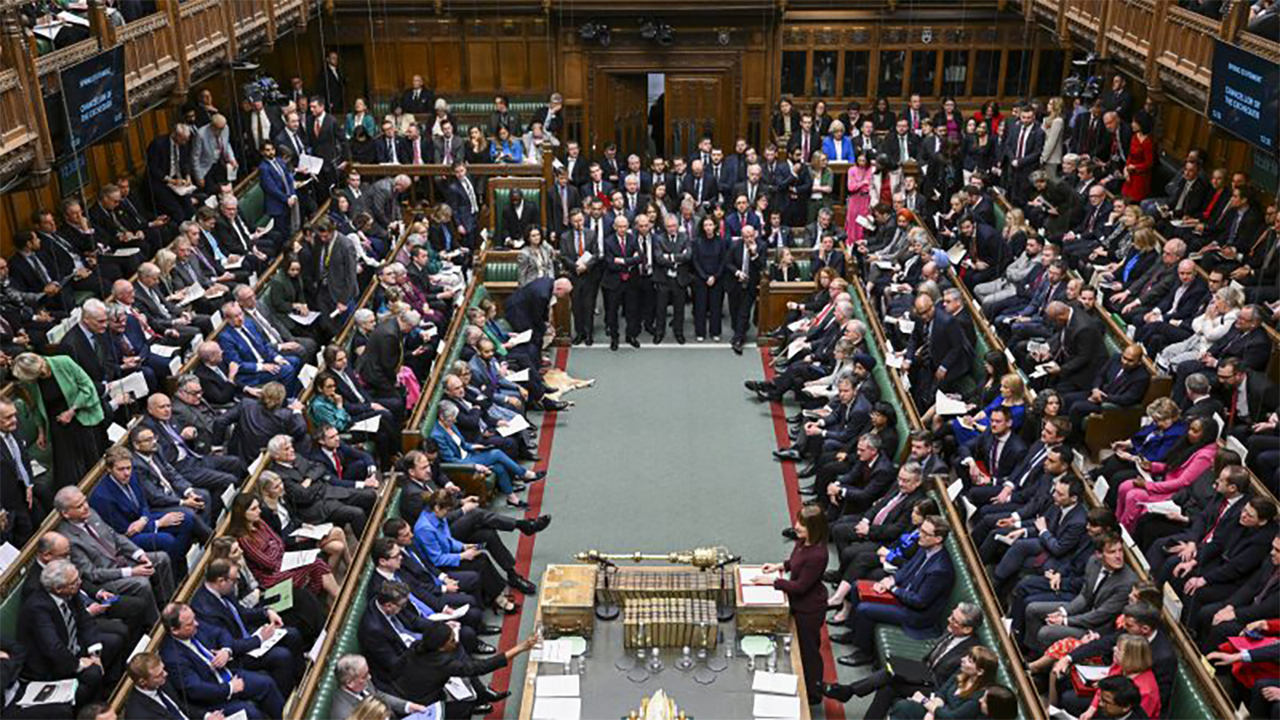When Keir Starmer led the Labour Party to its first General Election victory in nineteen years on 4th July 2024 – and with a landslide majority to boot – he could have been forgiven for imagining that he had at least until the next election before he would face any serious questions over his future as PM.
However, in its first year, Labour has had a torrid time – some of it self-inflicted, some of it inherited, and some of it exaggerated by the right-wing press and increasingly populist social media platforms.
Recognising the governments inability to get on the front foot, create a more positive narrative, and rebut some of the more ridiculous criticisms and attacks levelled at his administration, Starmer shook up his team at number ten this week, replacing a bunch of people who nobody had heard of, with another group of personnel that nobody had heard of.
To be fair, there is a new role in the PMs team – chief secretary to the prime minister – to which the talented Darren Jones, previously chief secretary to the Treasury, has been appointed.
Jones, along with a new communications chief Tim Allen, and a host of other appointments, are tasked with reclaiming the initiative, getting out the good news stories much more effectively, and killing off ‘fake news’ stories at speed.
So, another government reset – but this one is different. Firstly, the hope is that this one will actually work. Second, if it doesn’t, many are suggesting that there will then be enough evidence to prove that it is the leader, rather than his advisers, that is the problem.
As he gets set for his second Labour conference in Liverpool as PM, Starmer must have hoped that during September the government could get on the front foot, with announcements around free breakfast clubs for kids, more focussed tactics to tackle immigration, and big orders for British manufacturing defence companies dominating the headlines and the airwaves.
Any such hope appears to have blown up within 48-hours of his mini-reshuffle, with the Deputy prime minister Angela Rayner being the latest to have seemingly been caught out not following rules that she and her colleagues were so keen to tell us they would absolutely follow before they were elected to office.
Free specs, free suits, football tickets, concert tickets, and freebie holiday homes are gifts that ought to be avoided and turned down – but a Labour minister who avoids tax is always likely to be seen as more than fair game by their political opponents – and some within the Labour Party itself.
Whatever his public pronouncements, Starmer will be privately fuming at his Deputy PM for derailing his attempted reset before it had even got on the tracks.
At first glance, the difficulties Rayner finds herself are complex. However, to those already frustrated with the government’s efforts to get a grip of the news cycle and news agenda, it is yet another own goal.
Whether the Deputy PM survives or not will be down to the findings of an Independent Inquiry. Weather the PM survives may well depend on how quickly and effectively his new Number ten team can reverse what has been an astonishingly bad twelve months of missteps, mishaps, and miscommunication.


